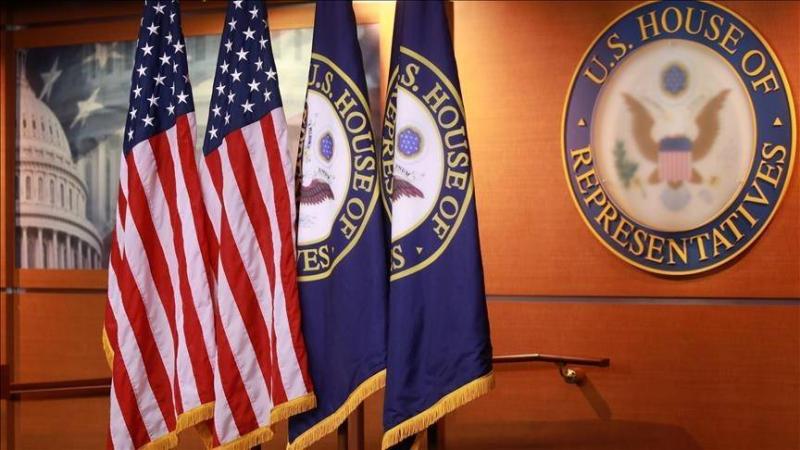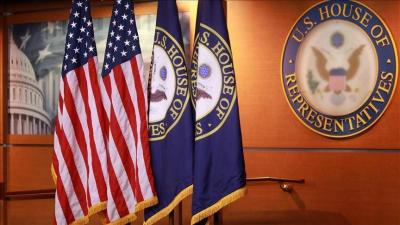The U.S. House of Representatives passed a bill on Wednesday by a slim margin to raise the government debt ceiling of $31.4 trillion, which includes comprehensive spending cuts over the next ten years.
The bill is not expected to pass the Senate, and even if it does, President Joe Biden is likely to veto it. White House Press Secretary Karine Jean-Pierre pointed out that "Biden will not sign off on such cuts." She stated, "President Biden will not force the middle class and working families to bear the burden of tax cuts for the wealthy, as this bill does," noting that "the president has made it clear that this bill has no chance of becoming law."
However, the bill's approval, which garnered the support of mostly Republican members with 217 in favor and 215 against, represents a victory for Republican House Speaker Kevin McCarthy in a matter that has unsettled investors and markets.
McCarthy is now hoping to persuade Biden to negotiate spending cuts, even as the White House and congressional Democrats insist on raising the debt limit without conditions. The Treasury Department may find itself unable to pay its bills within weeks if Congress fails to act. The standoff in 2011 led to a downgrade in the government’s credit rating, resulting in higher borrowing costs and a tumultuous investment landscape.
McCarthy urged Biden to "begin negotiations on raising the debt limit and cutting spending, and urged the Senate to either approve the House bill or pass a bill of its own." The House bill would increase borrowing authority in Washington by $1.5 trillion or extend it until March 31, raising the prospect of another round of negotiations during the 2024 presidential campaign.
Additionally, the bill reduces spending to 2022 levels and caps growth at one percent per year, eliminates some tax incentives related to renewable energy, and tightens work requirements for certain anti-poverty programs. Senate Democratic Leader Chuck Schumer told reporters, "The House bill died on arrival in the Senate, and the Republicans' action brings us dangerously close to a historic default of the country on its debts, which would shake markets and economies around the world."




